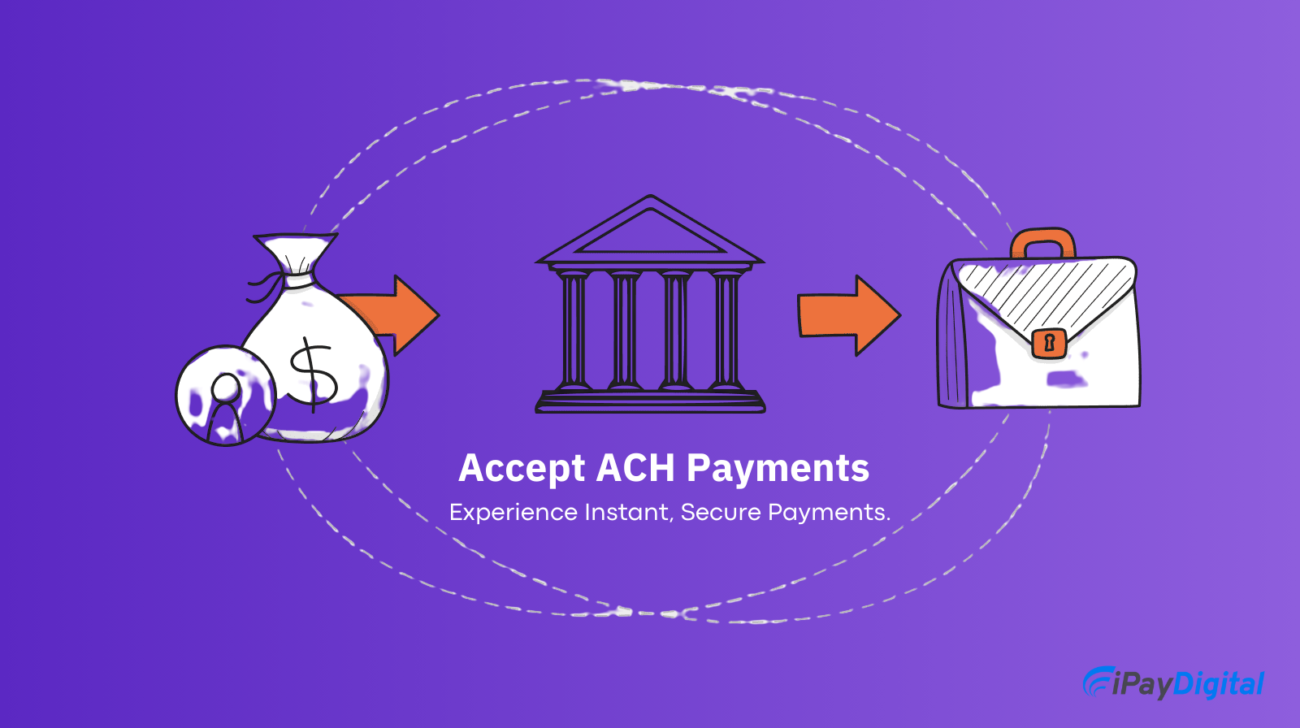In the bustling world of e-commerce, where transactions are conducted at the speed of a click, merchant services play a crucial role in facilitating seamless payment experiences for businesses and customers alike. Whether you’re a seasoned online retailer or just dipping your toes into the digital marketplace, understanding the intricacies of e-commerce merchant services is essential for optimizing your operations and maximizing your revenue potential. In this comprehensive guide, we’ll delve into what e-commerce merchant services are, how they work, and why they’re indispensable for any online business.
Understanding E-commerce Merchant Services
At its core, e-commerce merchant services encompass a suite of financial solutions designed to enable online businesses to accept and process payments from customers securely and efficiently. These services are typically provided by third-party payment processors, financial institutions, or specialized merchant service providers. While the specific offerings may vary depending on the provider, common features of e-commerce merchant services include:
- Payment Processing: The backbone of e-commerce merchant services, payment processing involves the authorization, capture, and settlement of online transactions. This includes accepting various payment methods such as credit cards, debit cards, digital wallets, and alternative payment options.
- Payment Gateway Integration: A payment gateway acts as a virtual point-of-sale terminal, securely transmitting payment data between the customer’s browser and the merchant’s website. E-commerce merchant services often include integration with payment gateways to facilitate smooth and secure online transactions.
- Fraud Prevention: With the rise of online fraud and cybercrime, robust fraud prevention tools and security measures are essential for safeguarding e-commerce transactions. Many merchant service providers offer advanced fraud detection and prevention solutions to protect businesses and customers from fraudulent activities.
- Currency Conversion: For businesses operating in international markets, currency conversion services allow them to accept payments in multiple currencies and settle transactions in their preferred currency. This feature is crucial for expanding into global markets and catering to diverse customer bases.
- Recurring Billing and Subscription Management: E-commerce merchant services may also include features for managing recurring billing and subscription-based services. This functionality streamlines subscription management, automates billing cycles, and ensures a seamless experience for subscribers.
How E-commerce Merchant Services Work
The process of utilizing e-commerce merchant services typically involves the following steps:
- Merchant Account Setup: To start accepting online payments, businesses need to set up a merchant account with a payment processor or merchant service provider. This account serves as a gateway for processing transactions and receiving funds from customers.
- Integration with E-commerce Platform: Once the merchant account is established, businesses integrate the payment processing functionality into their e-commerce platform or website. This integration allows customers to make purchases seamlessly and securely.
- Transaction Authorization: When a customer initiates a purchase, the payment information is securely transmitted to the payment gateway for authorization. The payment gateway verifies the transaction details, including the customer’s payment method and available funds.
- Transaction Processing: Upon successful authorization, the transaction is processed, and the payment amount is captured from the customer’s account. The funds are then held in a merchant account until the settlement process is initiated.
- Settlement and Fund Disbursement: Periodically, typically on a daily or weekly basis, the merchant initiates the settlement process to transfer the funds from the merchant account to their designated bank account. This ensures timely access to funds and efficient cash flow management.
- Reporting and Analytics: E-commerce merchant services often provide businesses with access to comprehensive reporting and analytics tools. These tools allow merchants to track sales performance, analyze customer behavior, and gain insights to optimize their e-commerce strategies.
Why E-commerce Merchant Services are Essential
E-commerce merchant services offer numerous benefits for businesses operating in the digital realm:
- Expanded Payment Options: By accepting a wide range of payment methods, including credit cards, debit cards, digital wallets, and alternative payment options, businesses can cater to the preferences of their diverse customer base and increase sales opportunities.
- Enhanced Security: With advanced fraud detection and prevention measures, e-commerce merchant services help mitigate the risks associated with online transactions, safeguarding both businesses and customers against fraudulent activities and data breaches.
- Improved Customer Experience: Seamless payment experiences, fast transaction processing, and secure payment gateways contribute to a positive customer experience, fostering loyalty and repeat business.
- Global Reach: E-commerce merchant services enable businesses to expand their reach beyond geographical boundaries and tap into international markets. Currency conversion services and multi-currency payment capabilities facilitate cross-border transactions and support global growth initiatives.
- Streamlined Operations: By automating payment processing, recurring billing, and subscription management, e-commerce merchant services streamline business operations, reduce administrative overhead, and free up resources to focus on core activities.
Choosing the Right E-commerce Merchant Services Provider
Selecting the right e-commerce merchant services provider is crucial for the success of your online business. When evaluating potential providers, consider the following factors:
- Features and Functionality: Assess the features and functionality offered by the merchant services provider, including payment processing options, fraud prevention tools, currency conversion capabilities, and reporting capabilities.
- Security and Compliance: Ensure that the provider adheres to industry standards and compliance requirements, such as PCI DSS (Payment Card Industry Data Security Standard), to protect sensitive payment data and maintain regulatory compliance.
- Cost and Pricing Structure: Understand the pricing structure and associated fees, including transaction fees, monthly service fees, and any additional charges for value-added services. Compare pricing plans from multiple providers to find the most cost-effective solution for your business.
- Integration and Compatibility: Choose a merchant services provider that seamlessly integrates with your e-commerce platform or website and supports the technologies and tools you rely on to run your online business effectively.
- Customer Support: Consider the level of customer support and assistance provided by the merchant services provider. Look for a provider that offers responsive customer support, technical assistance, and resources to help you navigate any issues or challenges that may arise.
Conclusion
E-commerce merchant services are the backbone of online retail, empowering businesses to accept payments securely, efficiently, and seamlessly. From payment processing and fraud prevention to currency conversion and subscription management, these services offer a comprehensive suite of financial solutions tailored to the needs of e-commerce merchants. By understanding the role of e-commerce merchant services, how they work, and what to look for in a provider, businesses can optimize their operations, enhance the customer experience, and drive growth in the competitive world of online commerce.














